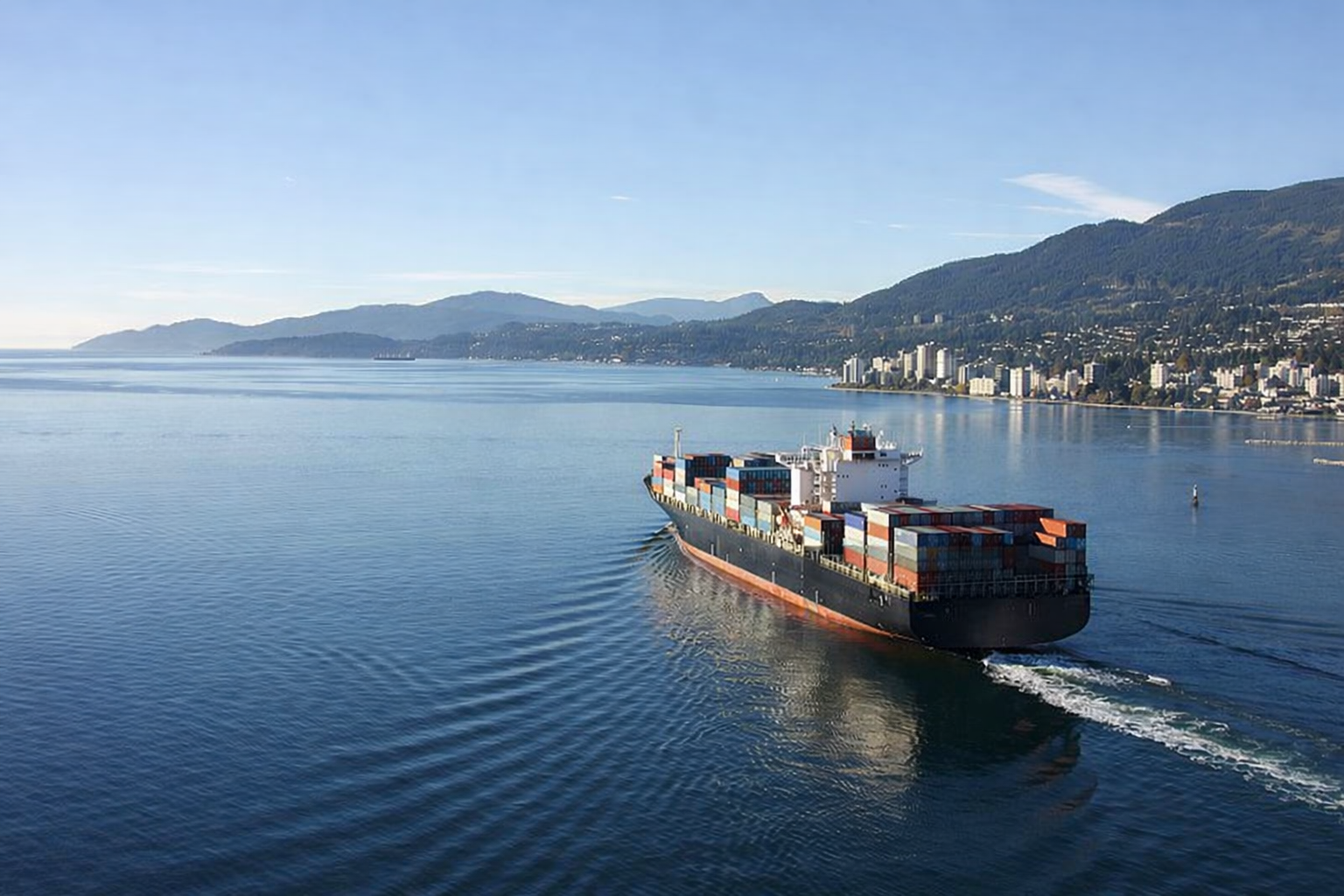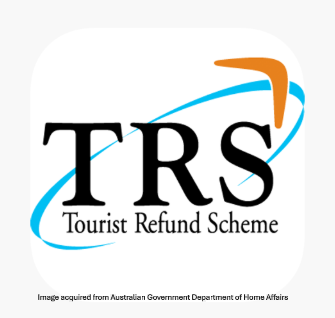New Zealand’s fragile coastal shipping industry has a dwindling number of aging and unreliable vessels on our coast, and more leaving service each year. The Government’s Coastal Resilience Fund has been put together to address this crisis, but a valuable solution already exists within our legislation.
Read MoreCustoms have recently announced a rule change for visiting yachts to New Zealand and the way that the Temporary Import Entry (‘TIE’) scheme works, with implications for the New Zealand marine industry, and situations where a foreign owned vessel is being sold to a foreign buyer.
Read MoreNZ Customs is working through submissions received on their proposed rule changes for visiting yachts to New Zealand, and has updated its website with guidance on the sale of temporarily imported small craft in New Zealand.
Read MoreAfter a nearly yearlong investigation into the grounding of the Interislander ferry Aratere north of Picton in June 2024, Maritime New Zealand has announced the filing of two charges against KiwiRail under the Health and Safety at Work Act. The prosecution highlights a number of crucial points applicable to any commercial vessel operator.
Read MoreVessel sale and purchase agreements can be highly complicated. An often overlooked part of the process is around anti money laundering (AML) requirements, which presents an area of not-insignificant risk for clients and agents alike.
Read MoreThe Tourist Refund Scheme offers international travellers leaving Australia to claim a GST refund on Australian purchase goods taken out of the country, and it is possible for private yacht owners to access the programme to take advantage of the GST refund.
Read MoreNew Zealand Customs’ recent change of position on the sale of vessels in New Zealand under TIE (Temporary Import Entry) could have potentially significant impacts for yacht owners wanting to bring their vessels into New Zealand, including for marketing and sale purposes.
Read MoreSafety assessments are essential for New Zealand recreational yachts going overseas. With the administration of this process changing in 2024, yacht owners need to be aware of the changes under the new system.
Read MoreIn most circumstances, the owner of a vessel that is imported into New Zealand will have to pay duty and GST when the vessel arrives in New Zealand. However, vessels manufactured in countries which have entered into a free trade agreement with New Zealand will not attract duty.
Read MoreMaritime New Zealand have indicated that a full operational watch by sight and sound will no longer be required for vessels at anchor, a reversal of their earlier position on watchkeeping.
Read MoreThe final extension for export of yachts granted permission to remain in New Zealand under the Temporary Import Entry (TIE) scheme during 2020’s COVID-19 restrictions expires today, 30 June 2023.
Read MoreThe government has announced a select committee inquiry into seabed mining and there is likely to be a public submission process to inform their findings.
Read MoreMaritime New Zealand’s requirements for candidates to qualify for tickets across a range of vessel sizes and zones are somewhat complicated for individuals with overseas tickets.
Read MoreWhile Councils and their organisations have no obligation to provide moorings in and of themselves, there are some obligations that are important to be aware of.
Read MoreThe Deepwater Group made a presentation at the New Zealand Seafood Conference held in August 2022, setting some of the facts straight about New Zealand’s bottom fisheries. Read more …
Read MoreThe Ministry of Transport is seeking to update and modernise the MTA, and although the first round of submissions have closed, the NZ Marine Transport Association is seeking comments from industry.
Read MoreMaritime NZ is talking to industry stakeholders and have an email address for enquiries and input to assist the smooth opening of the maritime border in readiness for 1 August.
Read MoreNew Zealand’s border, including the maritime border, will fully reopen from the end of July.
Read MoreThe Fisheries Amendment Bill has been introduced to Parliament, to amend the Fisheries Act 1996, and has a number of proposed changes.
Read MoreMarine Protection Rules Part 199: Prevention of air pollution from ships is soon to be in effect. These rules apply to both domestic and international voyaging ships and apply to different types of ships and boats in different ways.
Read More




















